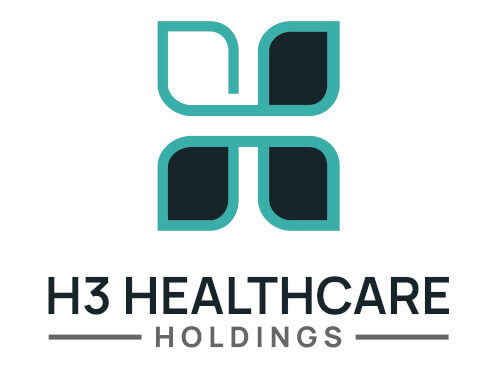AKMGMA Manager’s Toolkit
The goal of AKMGMA is to be for providing medical practice leaders with the information and tools needed to succeed.
Included here is a sample of the educational material and resources AKMGMA makes available to its members.
5 Questions Practices Forget to Ask Their Answering Service
Working with a third party answering service is a requirement for most medical practices, of any size. The answering service helps manage incoming calls to the practice not only during off hours windows, such as nights and weekends, but also during busy times in normal business hours, when practice staff aren’t able to handle the incoming call volume on their own.
An answering service helps triage patient calls and also relays time sensitive messages and consult requests from other providers. Calls that are not answered in a timely fashion by professional operators can lead to poor patient outcomes, as well as lost referral revenue. Therefore, choosing an answering service is an important decision for a medical practice.
Partnering with an answering service is a critical part of the operation of any successful medical practice, but choosing the right one to fit the specific needs of the practice can be extremely challenging.
Here are the top 5 things that practices often forget to ask when evaluating a potential answering service partner:
Top 10 Things a Practice Manager Should Know About Revenue Cycle Management
Revenue Cycle Management (RCM) aims to ensure timely payment of services and keep your accounts receivables low.
Everyone in the clinic contributes to a healthy revenue cycle. Front Desk, Clinical, Providers, Management, and Billing Office staff all have a role to play. As a Practice Manager, you are responsible for assuring everyone knows their role in the revenue cycle and how what they do (or don’t do) has a downstream effect.
One method for helping staff understand the revenue cycle is to have them spend a day (or a few hours) in each position. This allows them to see how each person affects the cycle for better or worse.
Here are ten things you should know about your revenue cycle:
This article was contributed by Jen Cudmore, Revenue Cycle Manager at Alaska Pediatric Surgery & Oncology in Anchorage, AK.
Addressing Patient No-Shows
A missed appointment - defined as an appointment a patient was scheduled for but neither canceled, nor attended - is both costly to a practice and can lead to negative health outcomes for the patient. And yet, it was found that no-show rates at outpatient clinics can be as high as 21%.
As practices look to drive down their rate of no-shows, there are several strategies we see practices put into place that seem promising, but ultimately aren’t effective, and in some cases have the opposite effect and drive patients away from the practice.
Putting together a cohesive set of processes to reduce patient no-shows can be challenging and time intensive, especially for busy practices. But, doing so is critical to both optimizing revenue and increasing the quality of patient outcomes.
Approaches that don't work if you want to reduce patient no-shows:
6 strategies that do work and have proven to be highly effective in reducing missed appointments:
Medical Associations
There are many Web sites for medical associations that can help enhance your career and keep you informed of the latest news and information in your field.
Ready to find out more?
Join AKMGMA today to receive access to the combination of the best of practice management solutions, advocacy and professional development resources at a state and national level.
Brought to you by H3 Healthcare. We optimize your healthcare business so you can focus on what you do best: caring for patients.

